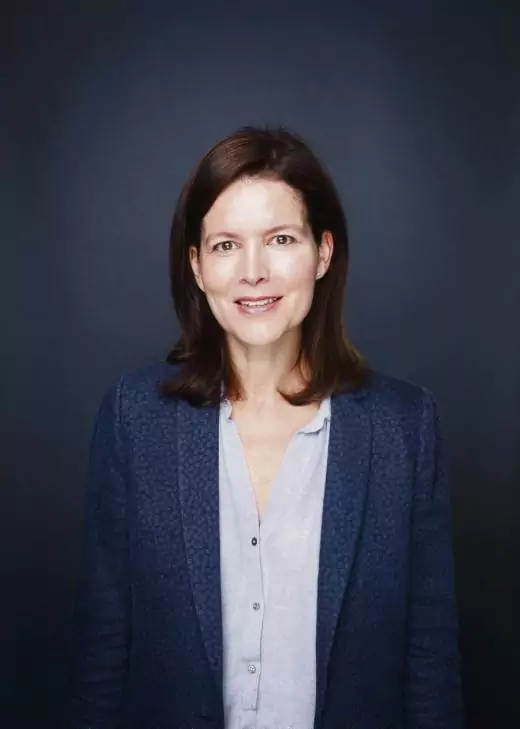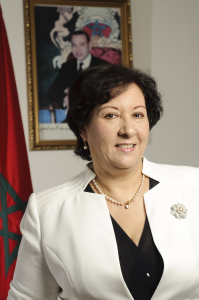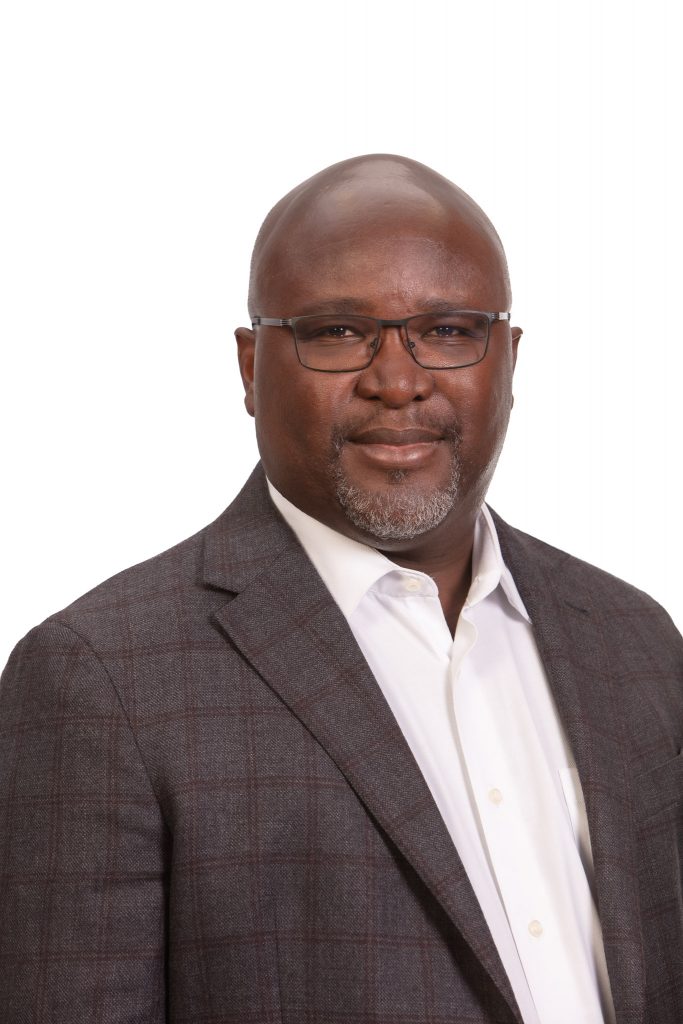2nd edition of the Metropolis Francophonie Mondiale congress
Human Mobility in the Francophone Space: Where Are We Going?
SUMMARY
2nd Edition of the Metropolis Francophonie Mondiale Congress
Human Mobility in the Francophone Space: Where Are We Going?
MARCH 11-12, 2024 | To be held virtually
NOTE THIS IS A FRENCH LANGUAGE CONFERENCE
Throughout history, humanity has been in motion. However, this human mobility, accelerated by globalization and climate change, is now a major challenge for the countries in the Francophone space. Spread across the five continents, these countries are both points of departure, transit, and destination, and their economic, social, political, cultural, and linguistic spheres bear the marks of this movement.
This edition of the virtual Metropolis World Francophone Congress, "Human Mobility in the Francophone Space: Where Are We Going?" offers a space for dialogue and knowledge sharing by opening the door to all stakeholders.
It is an opportunity to discuss the impact of political and climate crises on departure decisions and their consequences in host countries. Where do those forced to leave their homes go? And where do these young people who want to study, work, explore the world, or provide a different future for their children go?
If the French language is generally not decisive in the choice of destination, is it an asset for integration? Does this language and the identities it shapes allow for the creation of bridges between newcomers and local communities? Do they facilitate the welcoming of others? What is the role of diasporas in this context? Can this common language help in the recognition of skills and qualifications?
Where are we heading as societies on these issues? Citizen actions for welcoming emigrants are formalizing in a widespread context of radicalization of political discourse; is this viable? Is it also viable to see human mobility as a lever for development, or is it necessary to reconsider the impact of global mobility in the Francophone space in light of emerging migratory justice?
Co-PRESIDENCY
2nd Edition of the Metropolis Francophonie Mondiale Congress
Human Mobility in the Francophone Space: Where Are We Going?
MARCH 11-12, 2024 | To be held virtually

Professor Marie-Caroline Saglio-Yatzimirsky is the director of Institut Convergences Migrations, bringing together 600 researchers to intersect disciplines and build an original training program that combines social sciences, humanities, and health sciences. She teaches anthropology of India at the National Institute of Oriental Languages and Civilizations (Inalco) in Paris and is a clinical psychologist.
Since 2010, she has been providing consultations to migrants of all backgrounds when they can no longer cope with their traumas. Between 2017 and 2021, she coordinated the ANR LIMINAL program, addressing language and cultural interactions and mediations between actors in situations of migration crisis, and co-produced the Migralect.org platform on border languages. In 2019, she founded the first professional university diploma for students in exile in linguistic and intercultural mediation.

Her Excellency, Madame Souriya Otmani, Ambassador of the Kingdom of Morocco: Ambassador of the Kingdom of Morocco to Canada, Mrs. Souriya OTMANI, a career diplomat, served as Ambassador of His Majesty the King to the Czech Republic from December 2011 until April 2018 and previously as Consul General in Montreal from September 2004 to July 2011. From 2001 to 2004, she held the position of Deputy Chief of Protocol at the Ministry of Foreign Affairs and International Cooperation of the Kingdom of Morocco. From 1998 to 2001, she served as Deputy Head of Mission at the Embassy of the Kingdom of Morocco in Sweden and previously as Deputy Head of Mission at the Embassy of the Kingdom of Morocco in Austria from 1995 to 1998.
Ambassador Souriya OTMANI joined the Ministry of Foreign Affairs and International Cooperation of the Kingdom of Morocco in 1982 and has since assumed various responsibilities, including Chief of the Division for the Integration of Women into Development (1994-1995) and Head of the section in charge of financing development projects (1992-1995). From 1982 to 1995, while serving as Counselor for Foreign Affairs, she had the opportunity to attend and represent her country during several sessions at the United Nations General Assembly in New York (Economic and Financial Commission) and participate in various regional and international conferences on subjects related to the promotion and integration of women in development policies, gender issues, the environment, as well as Sustainable Development and cooperation with United Nations development agencies (UNDP, UNICEF, WHO, FAO). Ambassador Souriya OTMANI holds a Bachelor's degree in private law obtained in 1978 from the Faculty of Law at Mohammed V University in Rabat. Ambassador Souriya OTMANI is married to Mr. Merouane SADQI and is the mother of a daughter named Sara. Ambassador Souriya OTMANI was awarded the International Culture Prize 2017 for a foreign personality by the City of Prague, as well as the Silver Medal of Merit from the Ministry of Foreign Affairs of the Czech Republic.

Yves-Gérard Méhou-Loko is the Secretary-General of the Canadian Commission for UNESCO (CCUNESCO), which has operated under the aegis of the Canada Council for the Arts since 1957.
The CCUNESCO is one of 200 national commissions around the world working to advance the mandate of the United Nations Educational, Scientific and Cultural Organization (UNESCO). As Secretary-General, Yves-Gérard leads the CCUNESCO in its efforts to engage, support and amplify the work of Canadian civil society organizations and knowledge holders in the fields of education, sciences, culture, communication and information.
A global citizen with a passion for education, equity and diversity, and human rights journalism, Yves-Gérard has lived and worked on three continents. He studied political science at Université Laval and the Université du Québec à Montréal and completed a master’s in Public Administration at the École nationale d’administration publique. Previous roles include host and producer for Radio-Canada, senior investigator with the Office of the French Language Services Commissioner of Ontario, manager of the Ontario Ombudsman’s French Language Services Unit and Equity and Human Rights Commissioner for the Conseil des écoles publiques de l’Est de l’Ontario.
Born in France with Beninese origins, Yves-Gérard has been the vice-president of the Fédération des communautés francophones et acadiennes du Canada since June 2021 and is very active in defending minority groups.
PROGRAm
NOTE THIS IS A FRENCH LANGUAGE CONFERENCE
Time change for Canada on March 10th: please note the switch to daylight saving time.
PRESENTATIONS
To access the speakers' presentations, click here.
Becoming A partner
Do you want to become a partner for the event?
NOTE THIS IS A FRENCH LANGUAGE CONFERENCE
As a partner, you will have the opportunity to showcase your initiatives and enhance your visibility within the global Francophone community. This is a chance to highlight your role in promoting innovative and sustainable solutions to the challenges associated with human mobility. You will also have the opportunity to sponsor other participants, enabling them to have a rewarding experience.
ABOUT THE METROPOLIS INSTITUTE
The Metropolis Institute (MI) pursues research and supports policy deliberations while providing key national and multinational platforms for knowledge mobilization.
ReSEARCH
Supporting cross-sectoral cooperation, the Metropolis Institute serves as a trusted bridge for interaction, dialogue and learning between practitioners, policymakers, researchers and civil society through national and multinational knowledge mobilization programs.
We aim to provide reliable and timely research, data and analysis to enhance understanding of migration, integration and inclusion.
Publications
Metropolis Institute has three flagship publications that are integral to its knowledge transfer mandate.
1. The Canadian Issues magazine showcases academic work in the form of short essays designed to expand Canadians’ knowledge about their country.
2. A second publication, Canadian Diversity, introduced in 2000, focuses on the challenges confronting Canada and other countries arising from migration and rapid demographic change.
3. A third publication - The Metropolis eBook - highlights a selection of the cutting-edge cross-sectoral presentations in the immigration field intended for the annual Metropolis Canada Conferences.JOIN OUR MAILING LIST